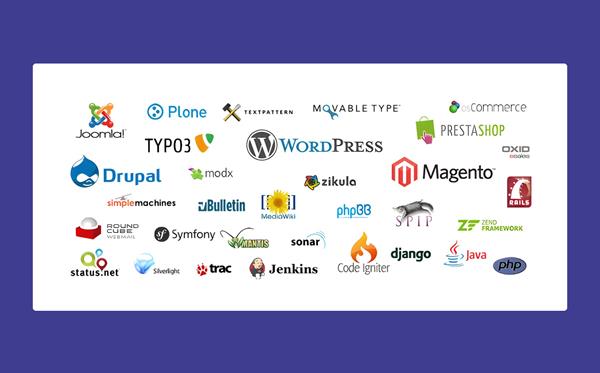What are the essential CMS features?

A CMS (Content Management System) platform must have essential features that simplify content creation, management, and publishing while optimizing the user experience. Below are the key features of a CMS, supported by relevant sources and statistics:
1. User-Friendly Interface
One of the most important features of a CMS is an intuitive, user-friendly interface that allows even non-technical users to create and manage content easily. A clean and easy-to-navigate interface simplifies the content creation and editing process.
Statistic: According to a survey, 48% of businesses highlight ease of use and a simple interface as the most critical features when choosing a CMS.
2. SEO Tools Integration
A CMS should include built-in SEO (Search Engine Optimization) tools that help optimize content for better visibility in search engines. This feature ensures businesses can improve their online presence without relying on external tools.
Statistic: Research by HubSpot shows that businesses using CMS platforms with integrated SEO tools experience a 30% increase in organic traffic compared to those without SEO functionalities .
3. Mobile Responsiveness
With more users accessing content via mobile devices, a CMS must ensure that websites and content are mobile-responsive. This means content should automatically adjust to different screen sizes for optimal viewing on all devices.
Statistic: As of 2023, mobile devices account for 58.43% of all website traffic , making mobile responsiveness a crucial feature.
4. Content Versioning and Control
Version control allows users to track changes made to content over time and revert to previous versions if needed. This is critical for businesses where multiple team members are involved in content creation.
Statistic: A survey found that 35% of businesses report improved productivity and reduced errors due to version control and collaboration features in their CMS .
5. Customizable Templates
A CMS should offer customizable templates, allowing businesses to maintain consistency in design while offering flexibility in content layout. Customization also enables businesses to tailor their sites to their brand identity.
Statistic: 67% of marketers say customizable templates improve design efficiency and help them launch content faster .
6. Multilingual Support
For businesses with a global presence, a CMS must offer multilingual support. This ensures content can be easily translated and localized for different markets, improving global reach and user experience.
Statistic: Websites that cater to multilingual audiences see up to a 47% increase in international traffic .
7. Security Features
Given the importance of data protection, a CMS must have strong security features, including SSL support, regular updates, and user permission management. These features are essential for safeguarding sensitive information.
Statistic: 65% of businesses consider CMS security features a top priority when selecting a platform .
8. Scalability
A good CMS must be scalable to accommodate business growth. As traffic increases and the business expands, the CMS should handle additional load without sacrificing performance.
Statistic: 52% of businesses that switched to a scalable CMS reported a 25% improvement in site performance and customer experience .
Conclusion
A CMS platform’s success hinges on how well it integrates these essential features. By focusing on user experience, SEO, mobile responsiveness, security, and scalability, businesses can optimize their digital presence and drive growth.
Sources
Source related to ease of use from a WPBeginner survey.
HubSpot research on SEO tools and traffic.
StatCounter Global Stats (mobile traffic data).
Survey on version control and collaboration from CMSWire.
Research on customizable templates from MarketingProfs.
Data on multilingual websites and traffic from Common Sense Advisory.
CMS security priority survey from Gartner.
Scalability impact research from Forrester.




































